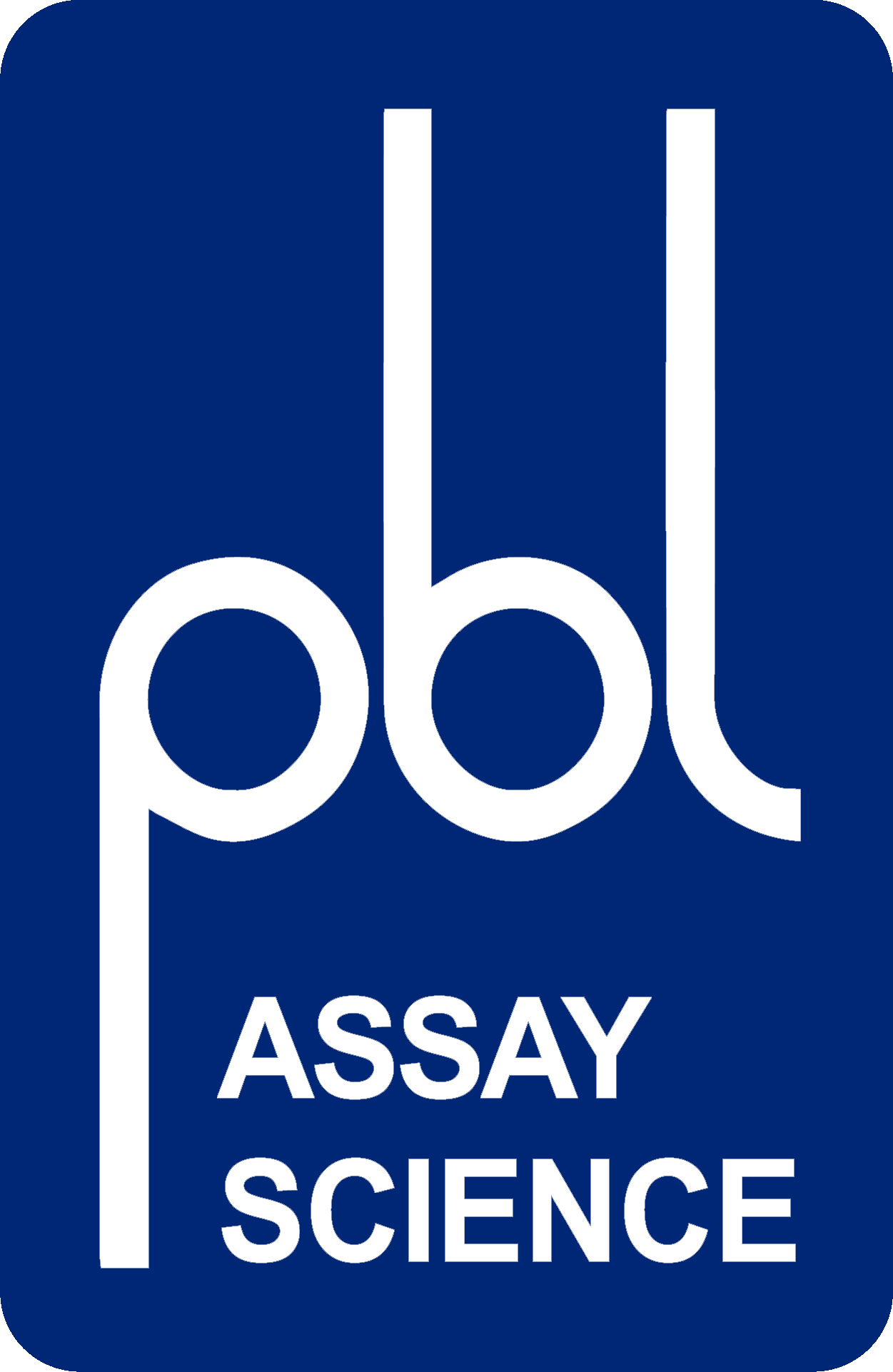Human IFN-Beta protein expression and secretion is primarily induced by signaling from pattern recognition receptors such as Toll-like (TLR) and RIG-I-like receptors (RLR). Overall, IFN-beta is part of the first wave of cytokine response in cells. Pathogen infection can result in the activation of interferon regulatory factor (IRF3) that functions in trans to activate IFN-beta gene transcription. IFN-beta is biologically unique when compared to other interferons. Studies have shown that IFN-beta has overlapping and distinct gene expression patterns as compared to IFN-alpha. It appears that IFN-beta binds to the Type I IFN receptor (IFNAR) with higher affinity than other Type I IFNs and that it may also regulate receptor internalization in a different manner.
